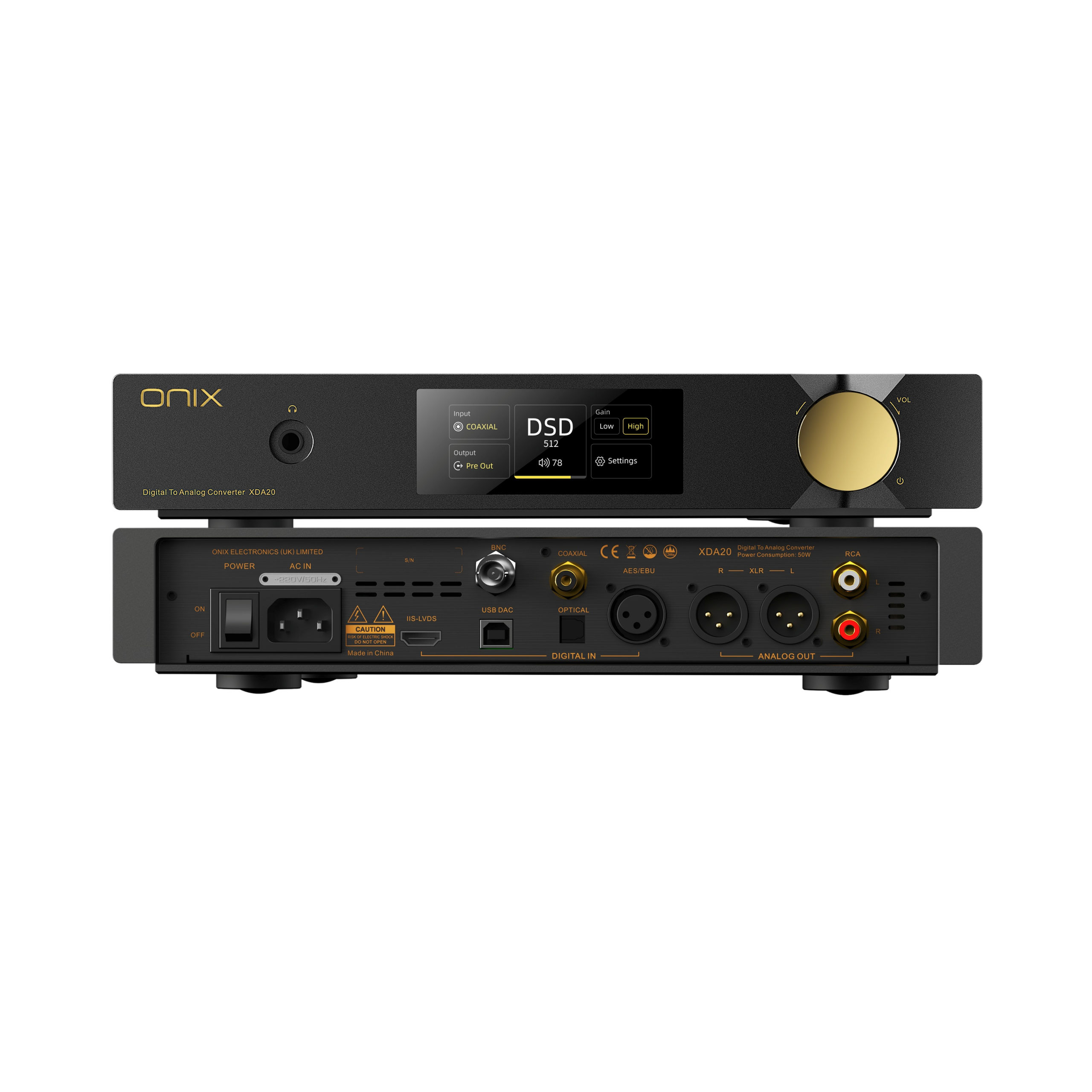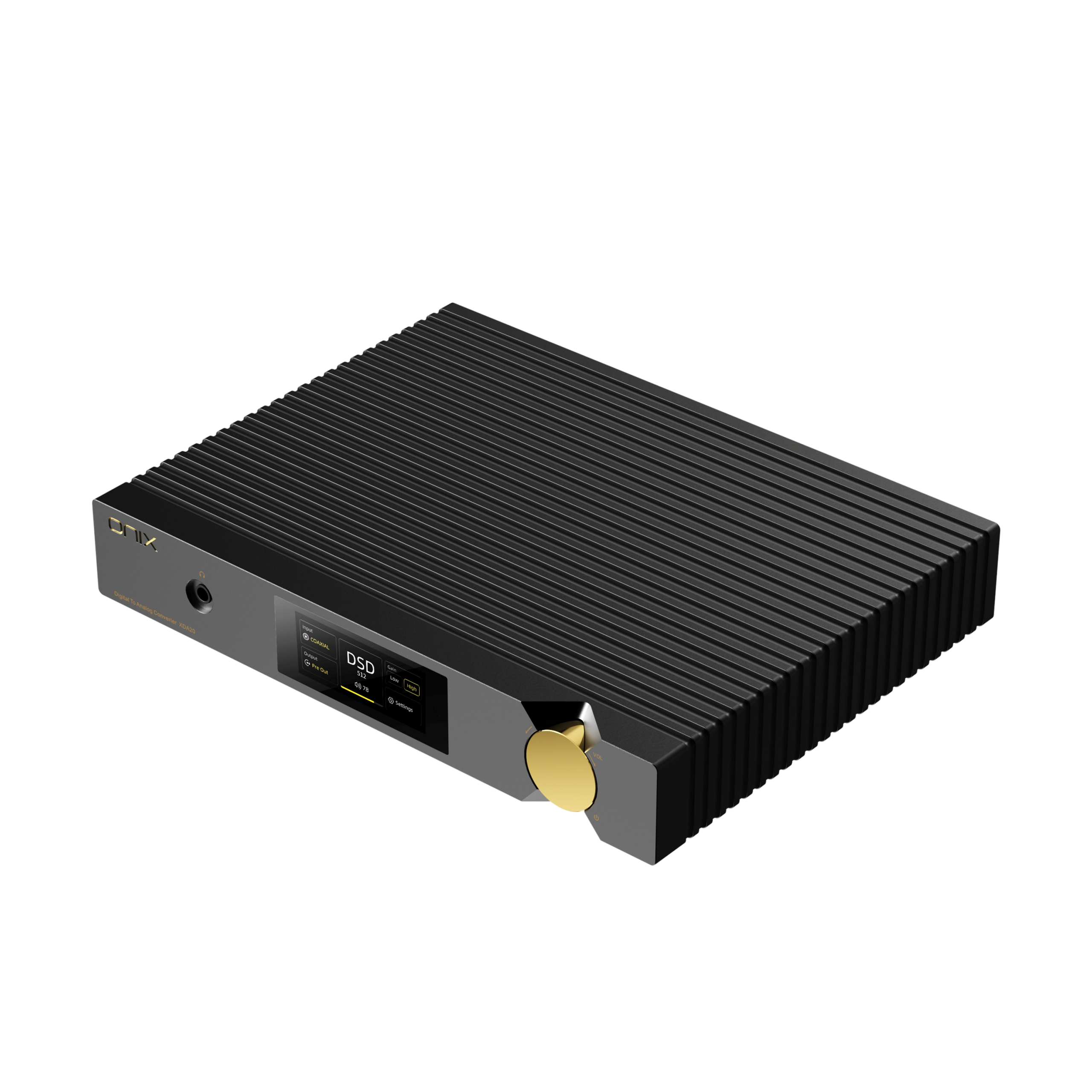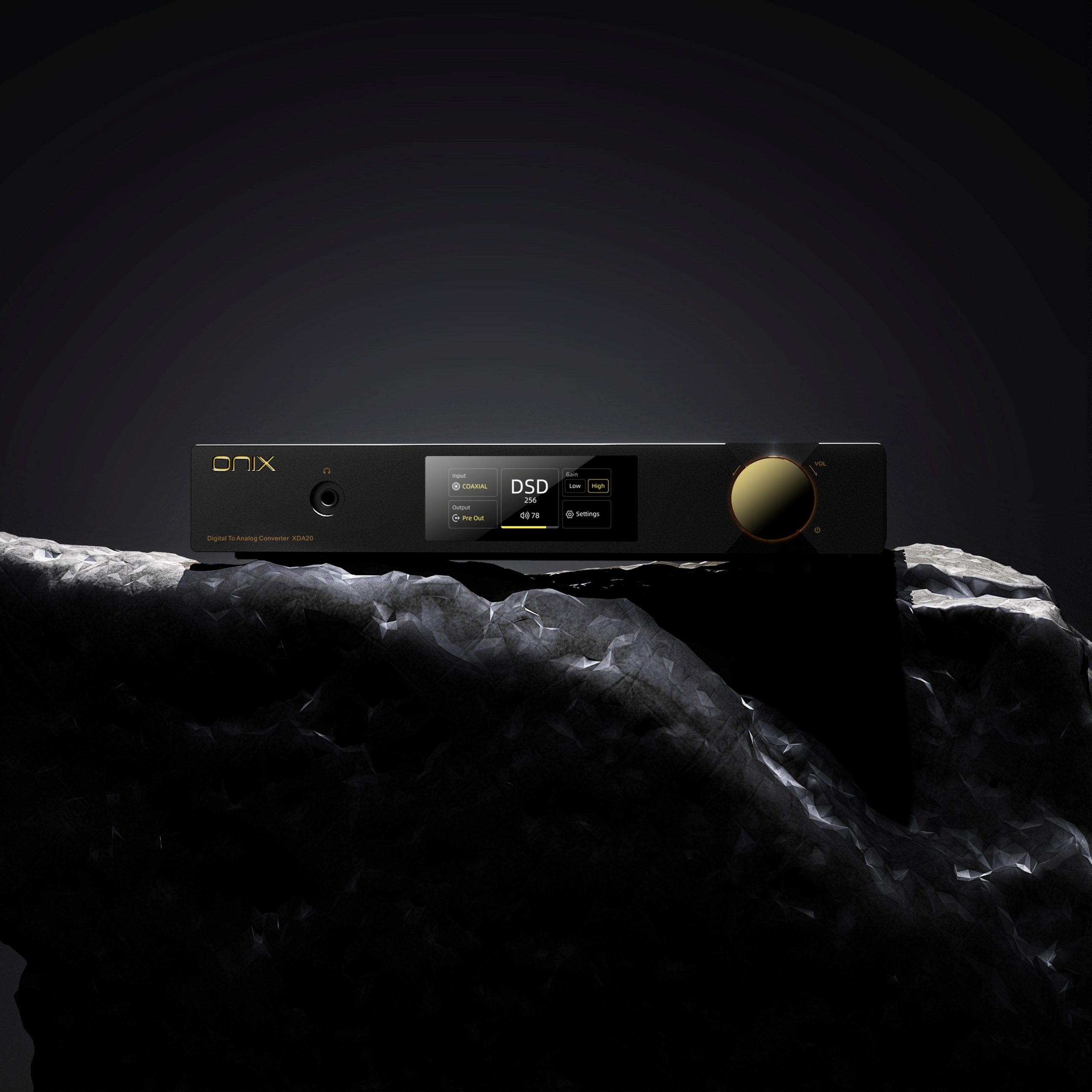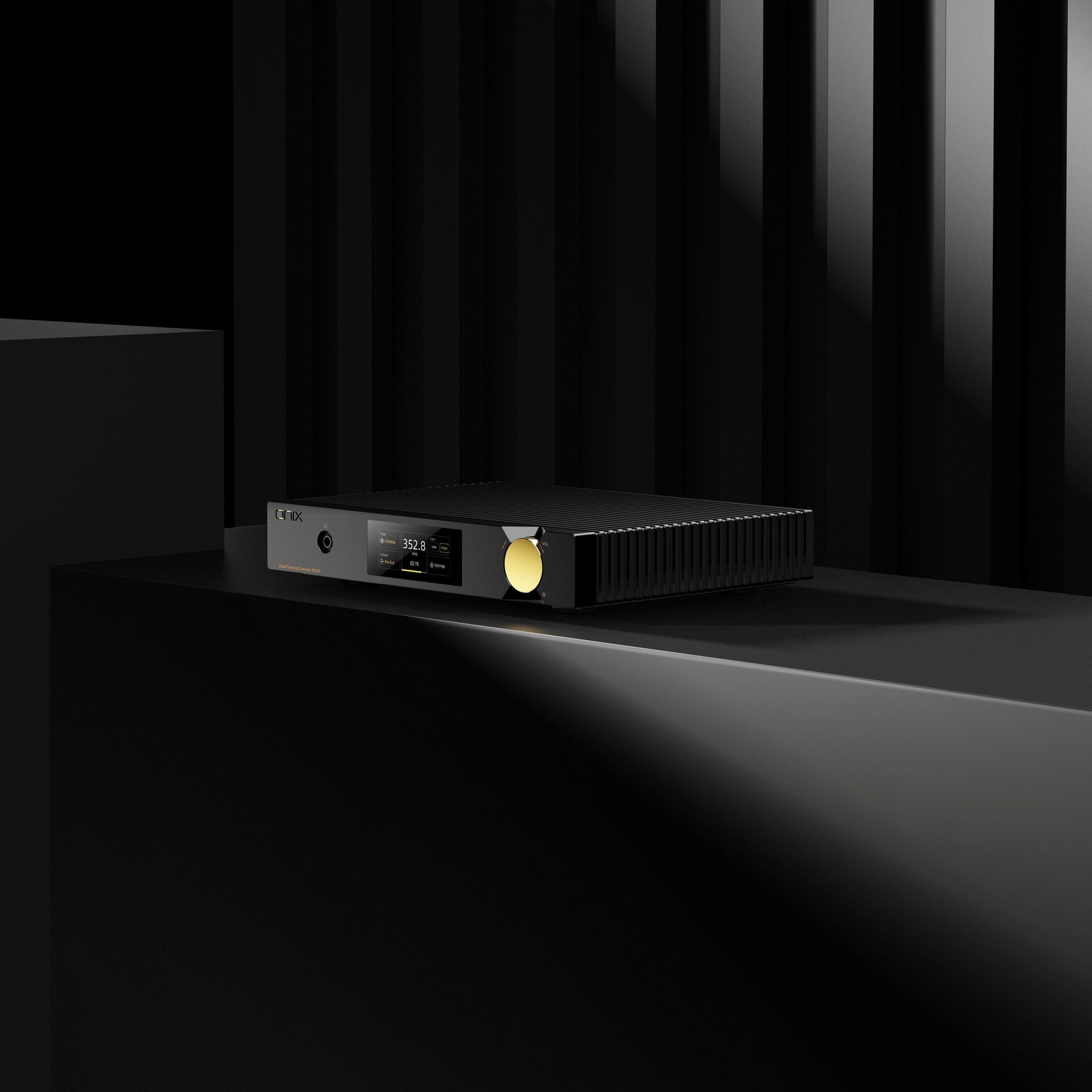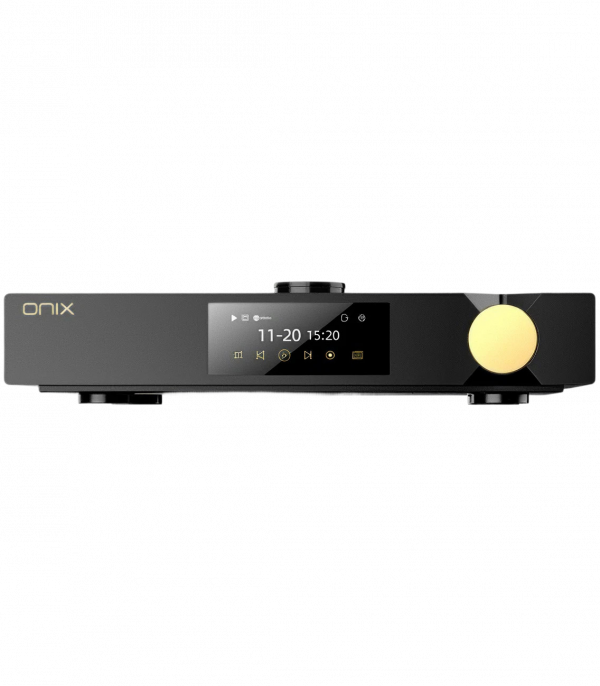Your cart is currently empty!
The ONIX XDA20 DAC features dual ESS ES9039Pro chips, FPGA-assisted I²S with 10 pinout modes, premium Talema transformers, and headphone outputs with up to 1.6W of power. Designed to pair perfectly with the XST20 SACD Transport and upcoming XMT20 Streamer, the XDA20 delivers uncompromising sound for audiophiles and high-end Hi-Fi systems.
Out of stock
Description
Available at selected retailers. Contact us for more information.
The ONIX XDA20 is the second addition to the Zenith line, a dedicated range of high-end components designed for desktop and speaker-based Hi-Fi systems. Positioned as the flagship DAC in the series, the XDA20 is engineered to pair seamlessly with the XST20 SACD Transport and the upcoming XMT20 Streamer.
High-End DAC Assembly
Drawing inspiration from the ONIX Miracle System, the XDA20 incorporates not one but two ESS ES9039Pro flagship DAC chips. Its in-house designed I/V conversion stage employs eight OPA1611 op-amps, ensuring precise and musical signal handling.
Superior Power Supply
Recognizing the importance of stable power delivery, the XDA20 is equipped with 15W and 25W Talema transformers paired with premium Vishay capacitors. This combination provides exceptionally clean power, forming the foundation for high-fidelity sound reproduction.
Advanced I²S Input
The Zenith line was conceived with the ultimate Source–DAC synergy in mind, with I²S as the ideal connection. The XDA20 achieves peak performance when paired with the XST20 or XMT20 via I²S. To extend compatibility, ONIX developed an FPGA-assisted I²S circuit offering 10 selectable pinouts, making it adaptable to nearly any transport on the market.
Digital Inputs
Optical / Coaxial / AES / BNC: up to 192kHz/24bit, DSD64
I²S: up to 768kHz/32bit, DSD512
USB: up to 768kHz/32bit, DSD512
Analog Outputs
RCA: 2.1V
XLR: 4.2V
Headphone (6.35mm):
Low gain: 101mW @ 32Ω (1.8Vrms)
High gain: 1620mW @ 32Ω (7.2Vrms)
High gain: 252mW @ 300Ω (8.7Vrms)


